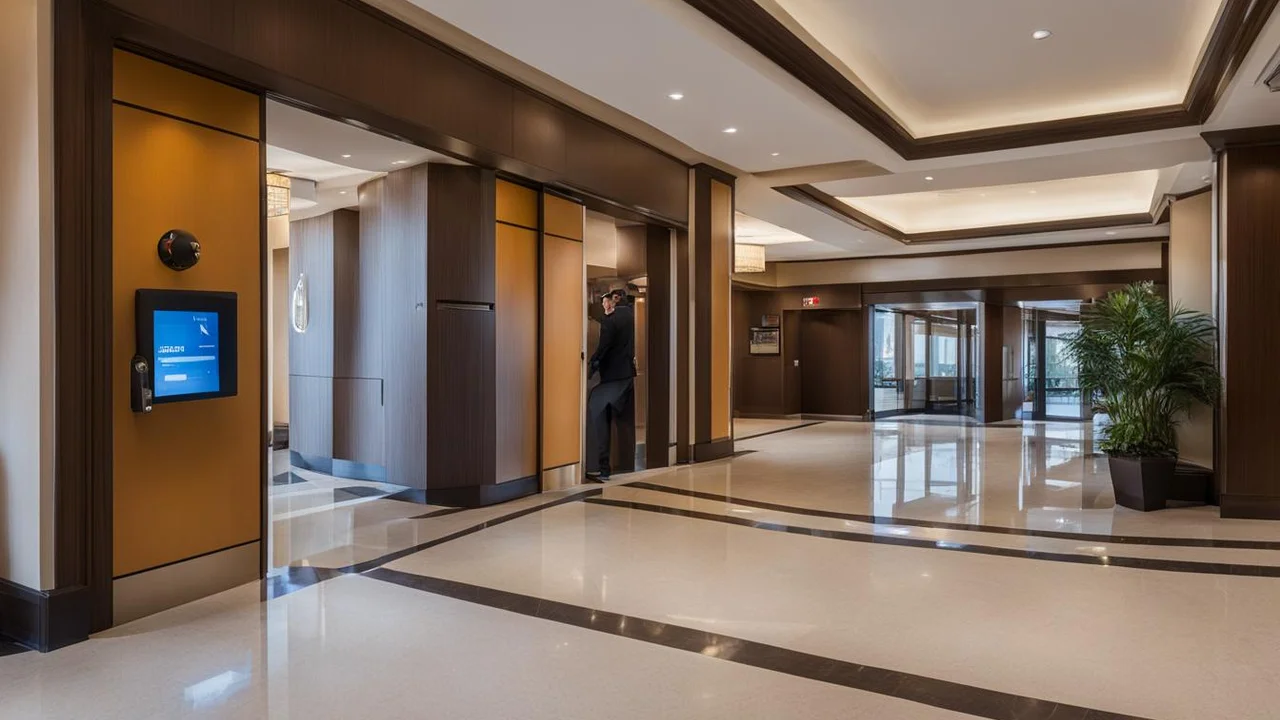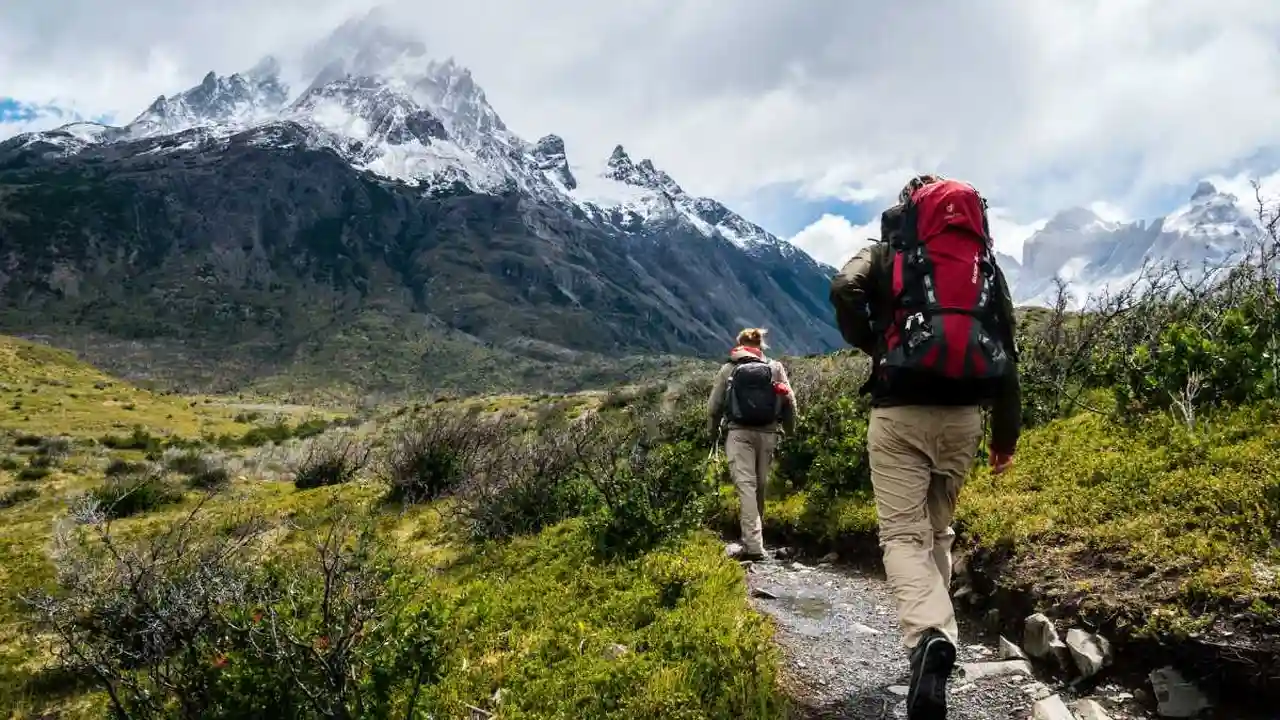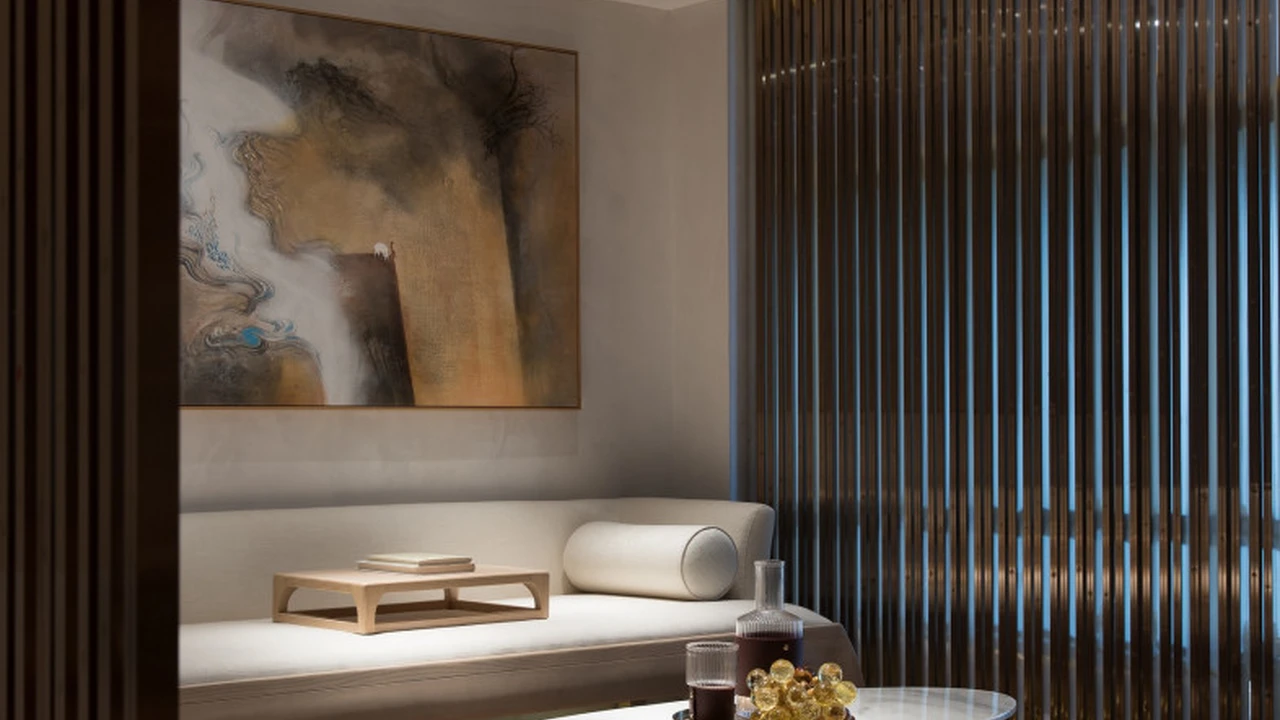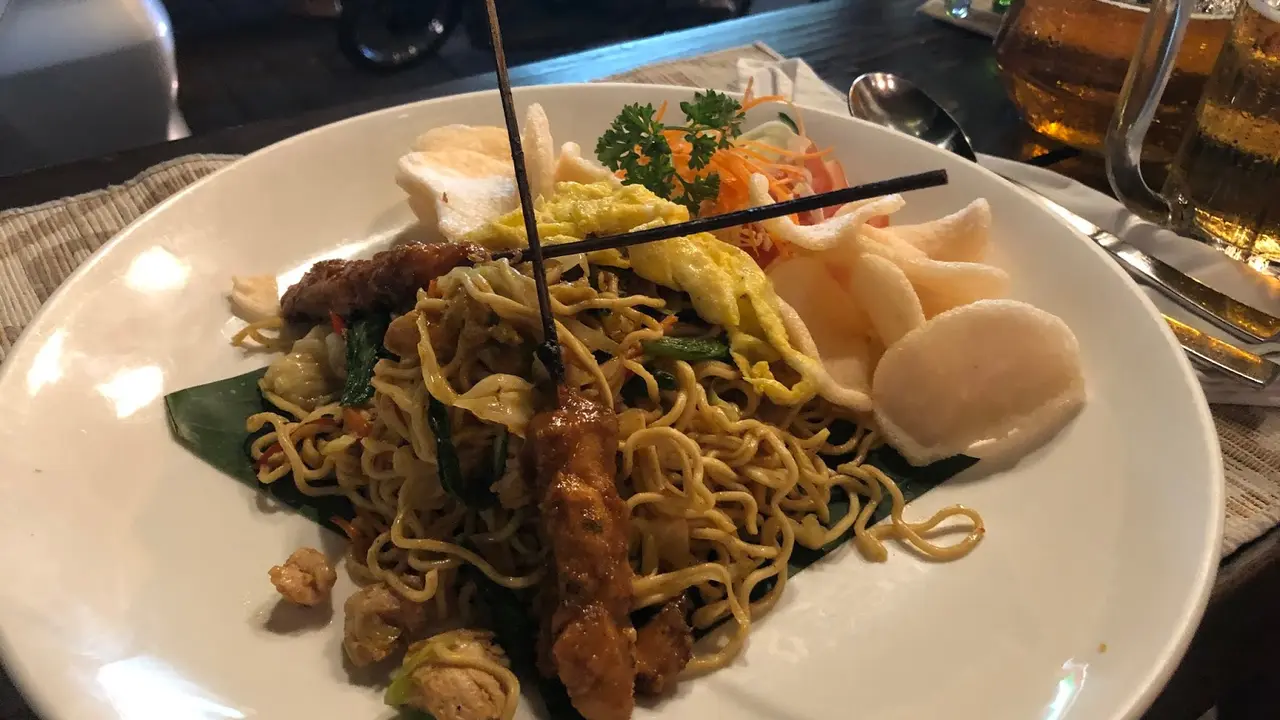US Accommodation Safety Tips
Discover unique accommodations in Southeast Asia with our comprehensive guide. Learn about hotel security, scam prevention, and emergency procedures. Ensure a safe and comfortable stay.

Understanding Southeast Asia Hotel Booking Platforms
Alright, so you're planning a trip to Southeast Asia? Awesome choice! But before you start dreaming of beaches and temples, let's talk about where to actually *find* those amazing hotels. There are a ton of booking platforms out there, and knowing which ones are popular in Southeast Asia can save you a lot of time and money.
Popular Online Travel Agencies (OTAs)
These are your big players. Think of them as the supermarkets of the hotel world:
- Agoda: This one's HUGE in Asia. They often have exclusive deals and a massive selection of properties, from budget hostels to luxury resorts. Plus, they often have localized payment options, which can be super convenient.
- Booking.com: A global giant, of course. They have a vast inventory and a user-friendly interface. Their strength is variety, from guesthouses to apartments.
- Expedia: Another global player, offering package deals (flights + hotels) which can sometimes save you money.
- Hotels.com: Similar to Expedia, focuses on hotels and offers a rewards program where you earn a free night for every 10 you book.
Local Booking Sites
Don't underestimate these! They often have hidden gems and better deals on smaller, locally-owned properties:
- Traveloka: Popular in Indonesia and other parts of Southeast Asia. They offer flights, hotels, and even things like train tickets and bus passes.
- Tiket.com: Another Indonesian site with a wide range of options and local deals.
Direct Booking
Seriously, don't forget this option! Once you've found a hotel you like on an OTA, check their website directly. Sometimes, you can find better deals by booking directly, as they avoid paying commission to the OTAs.
Navigating Local Customs and Hotel Etiquette in Southeast Asia
Southeast Asia is known for its hospitality, but it's good to be aware of a few cultural nuances when booking and staying in hotels:
Tipping
Tipping isn't always expected, but it's definitely appreciated for good service. A small tip for bellhops, housekeeping, or exceptional service at a restaurant within the hotel is a nice gesture. A few dollars or the local equivalent is usually sufficient.
Bargaining
Bargaining is common in markets and for transportation, but it's generally *not* appropriate in hotels. The prices listed are usually fixed.
Dress Code
While hotels are generally relaxed, it's respectful to dress modestly, especially in more traditional areas or when visiting temples or religious sites near the hotel. Swimwear is best reserved for the pool area.
Removing Shoes
In some smaller guesthouses or homestays, you might be asked to remove your shoes before entering. Pay attention to the entrance area; if there are shoes neatly lined up, follow suit!
Essential Southeast Asia Hotel Booking Tips for a Smooth Stay
Alright, let's get down to the nitty-gritty of booking that perfect Southeast Asia hotel:
Read Reviews (Seriously!)
Don't just look at the star rating. Read the actual reviews! Pay attention to comments about cleanliness, location, noise levels, and the quality of service. Filter by recent reviews to get the most up-to-date information.
Location, Location, Location
Think about what you want to be near. Are you a beach bum? Do you want to be in the heart of the city? Proximity to public transportation is also key if you plan on exploring. Use maps to get a feel for the surrounding area.
Check for Hidden Fees
Some hotels might have hidden fees for things like resort fees, service charges, or even extra for Wi-Fi. Make sure you know the final price before you book!
Understand the Cancellation Policy
Life happens! Make sure you understand the cancellation policy before you book. Some hotels offer free cancellation up to a certain date, while others have strict no-refund policies.
Consider Travel Insurance
Especially with unpredictable events, travel insurance can be a lifesaver. It can cover unexpected cancellations, medical emergencies, or lost luggage.
Confirm Your Booking
After you book, double-check that you've received a confirmation email from both the booking platform and the hotel. If you don't receive one, contact them to make sure your reservation is confirmed.
Southeast Asia Hotel Security Tips: Staying Safe and Secure
Your safety is paramount. Here's how to keep yourself and your belongings secure:
Use the Safe
Store your valuables (passport, money, electronics) in the hotel safe. If your room doesn't have one, ask the front desk to store them for you.
Be Aware of Your Surroundings
Be mindful of your belongings, especially in crowded areas. Keep your valuables close and avoid flashing expensive jewelry or electronics.
Don't Open the Door to Strangers
If someone knocks on your door claiming to be hotel staff, verify their identity with the front desk before opening the door.
Keep Your Door Locked
Always keep your door locked, even when you're in the room. Use the deadbolt and security chain for added protection.
Trust Your Gut
If something feels off, trust your instincts. Don't hesitate to contact the front desk or local authorities if you feel unsafe.
Southeast Asia Hotel Scams: How to Avoid Common Pitfalls
Unfortunately, scams can happen anywhere. Here's what to watch out for:
Fake Taxi Drivers
Be wary of taxi drivers who approach you at the airport or train station. Use official taxi stands or ride-hailing apps like Grab.
Overcharging
Always agree on a price before getting into a taxi or tuk-tuk. Some drivers might try to overcharge tourists.
\"Closed\" Attractions
Some scammers might tell you that a popular attraction is closed and try to steer you to a different (usually overpriced) location. Always double-check information with official sources.
Jewelry Scams
Be cautious of offers to buy cheap jewelry or gems. They are often fake or heavily overpriced.
ATM Skimming
Be careful when using ATMs. Cover the keypad when entering your PIN and check for any suspicious devices attached to the machine.
Emergency Procedures in Southeast Asia Hotels: Be Prepared
Hopefully, you won't need these, but it's always good to be prepared:
Know the Emergency Numbers
Familiarize yourself with the local emergency numbers (police, fire, ambulance). You can usually find them listed in your hotel room or ask the front desk.
Locate the Fire Exits
Upon arrival, take a moment to locate the fire exits on your floor. In case of a fire, follow the evacuation plan and stay calm.
Medical Emergencies
If you have a medical emergency, contact the front desk immediately. They can help you find a doctor or call an ambulance.
Lost or Stolen Items
If you lose or have your belongings stolen, report it to the police and the hotel management. They can assist you with filing a report and contacting your insurance company.
Product Recommendations: Must-Have Travel Gear for Southeast Asia
To make your hotel stay even more comfortable and secure, here are a few product recommendations:
Portable Door Lock
Product: Addalock Portable Door Lock
Use Case: Adds an extra layer of security to your hotel room door, preventing unauthorized entry.
Comparison: More secure than the standard chain lock. Easy to install and remove.
Price: $20-$30
Travel Door Alarm
Product: GE Personal Security Door Stop Alarm
Use Case: Placed behind the door, it emits a loud alarm if someone tries to open it.
Comparison: Lightweight and easy to pack. Provides an audible alert if someone tries to enter your room.
Price: $10-$15
Universal Travel Adapter
Product: BESTEK Universal Travel Adapter
Use Case: Allows you to charge your electronic devices in different countries with different plug types.
Comparison: Includes multiple USB ports for charging multiple devices simultaneously. Compact and easy to carry.
Price: $20-$30
RFID Blocking Wallet
Product: Travelambo Minimalist Leather Slim Wallet
Use Case: Protects your credit cards and passport from electronic theft.
Comparison: Slim and lightweight. Provides RFID blocking protection to prevent your personal information from being stolen.
Price: $15-$25
First Aid Kit
Product: Johnson & Johnson All-Purpose Portable Compact First Aid Kit
Use Case: Contains essential medical supplies for treating minor injuries and ailments.
Comparison: Compact and easy to carry. Includes bandages, antiseptic wipes, pain relievers, and other essential items.
Price: $10-$20
:max_bytes(150000):strip_icc()/277019-baked-pork-chops-with-cream-of-mushroom-soup-DDMFS-beauty-4x3-BG-7505-5762b731cf30447d9cbbbbbf387beafa.jpg)






